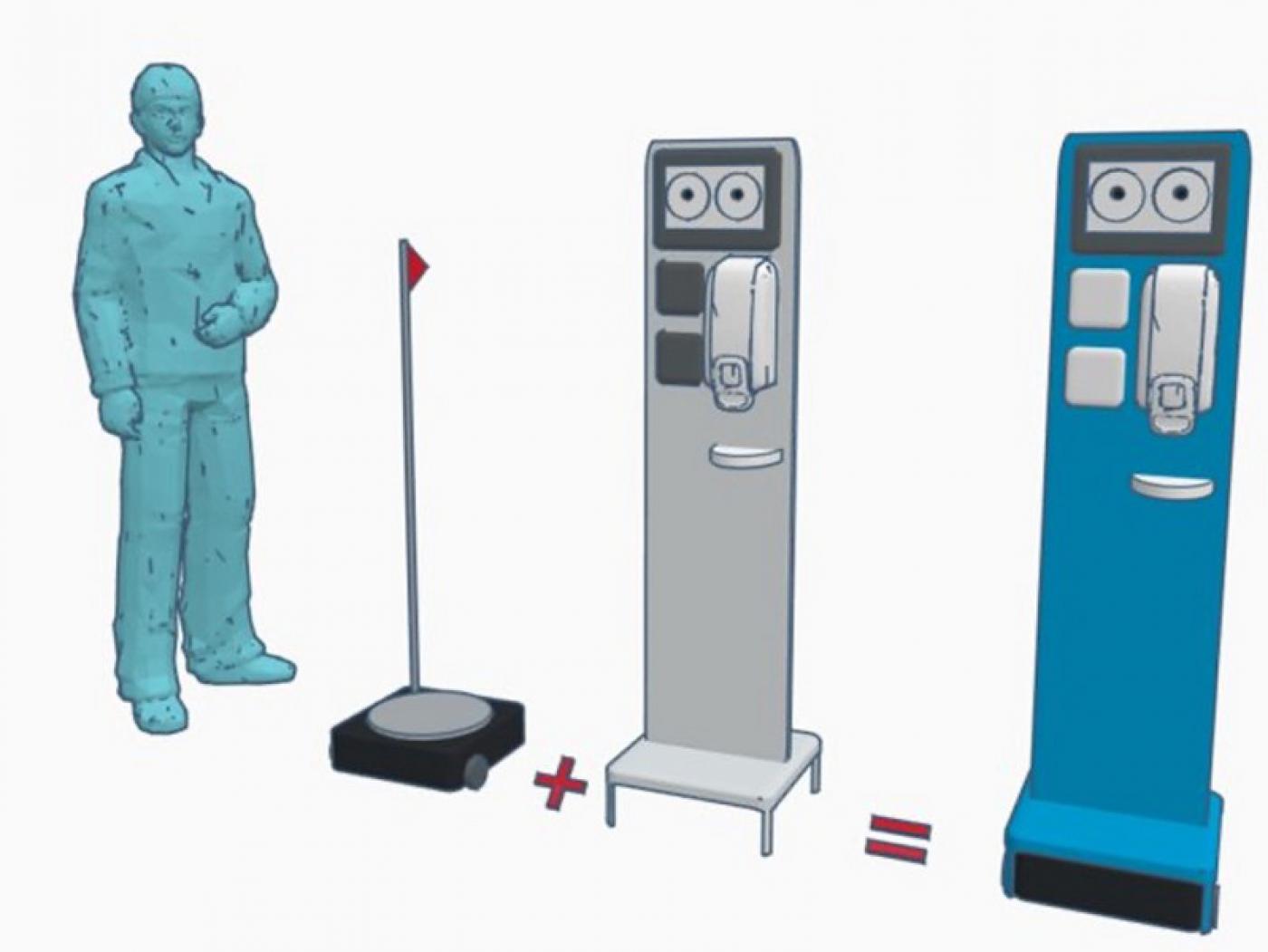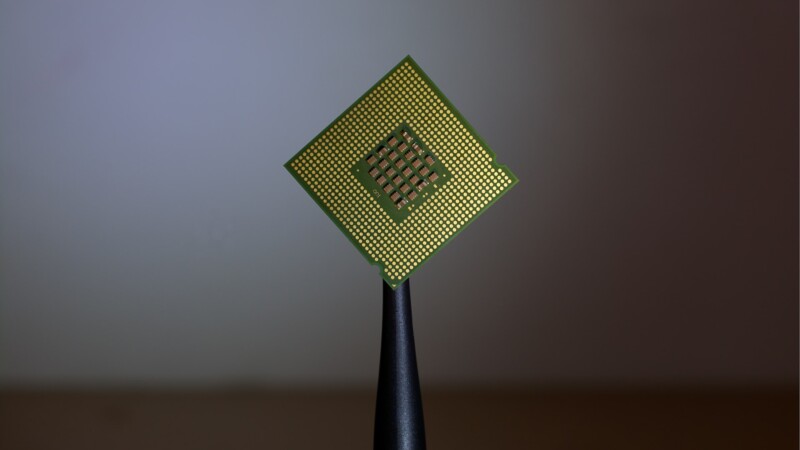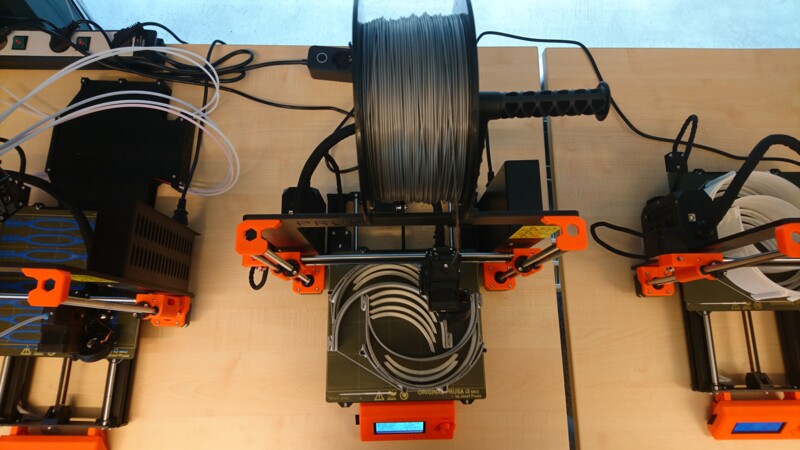At the end of the development phase, HanDiRob will be able to recognise people, talk to them, listen to them and react to their facial expressions and gestures, the researchers said. Oskar Palinko, project leader and assistant professor at the Southern Danish University, pointed out: "We are building on existing technologies that will be adapted during the development of the robot." The prototype is schedule for autumn 2021. The robot will probably be stationary and mobile, according to Dr Robert Wendlandt, University of Lübeck.
A robot developed by the University of Lübeck in co-operation with the Kiel University of Applied Sciences and the Southern Danish University of Odense is set to boost hand disinfection and hopefully prevent infectious diseases. Practical tests of the "Hand Disinfection Robot" (HanDiRob) with video instructions will start in late 2021. The project is funded by the Interreg Germany-Denmark scheme with EUR 400,000 from the European Regional Development Fund through autumn 2022.
Tests of robot prototype
Tests in hospitals planned
The robot's modules will be tested in two different hospitals to obtain user feedback, adapt the modules and to test the applicability. "As part of the project, we will analyse how thoroughly hands are disinfected and investigate whether the use of video instructions has added value," Wendlandt said. The robot could also improve hand hygiene outside the health sector thereby preventing the spread of infectious diseases. Plans are being laid to use the robot in schools, nursery schools and shopping centres.
tn/sb/pb

Sources and further information
More
Similar articles

IAP CAN holds huge opportunities

AI.Hamburg's cutting-edge technology for environmental protection

Hamburg now banking on quantum computing
